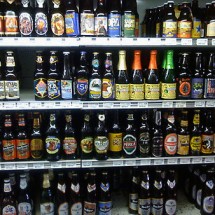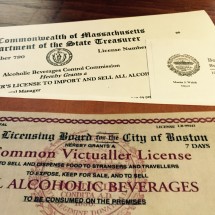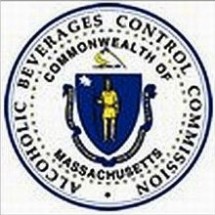Law Offices of John P. Connell, P.C.: Under Massachusetts law, G.L. c. 138, sec. 25E, a brewer, winery or distillery cannot terminate a Massachusetts wholesaler that has carried and distributed that manufacturer’s brand absent “good cause,” which can be difficult to prove. (See our related Article “Legal Issues Involved When Alcoholic Beverage Suppliers Attempt to Terminate Brand Shipments to Wholesalers Continue Reading...




